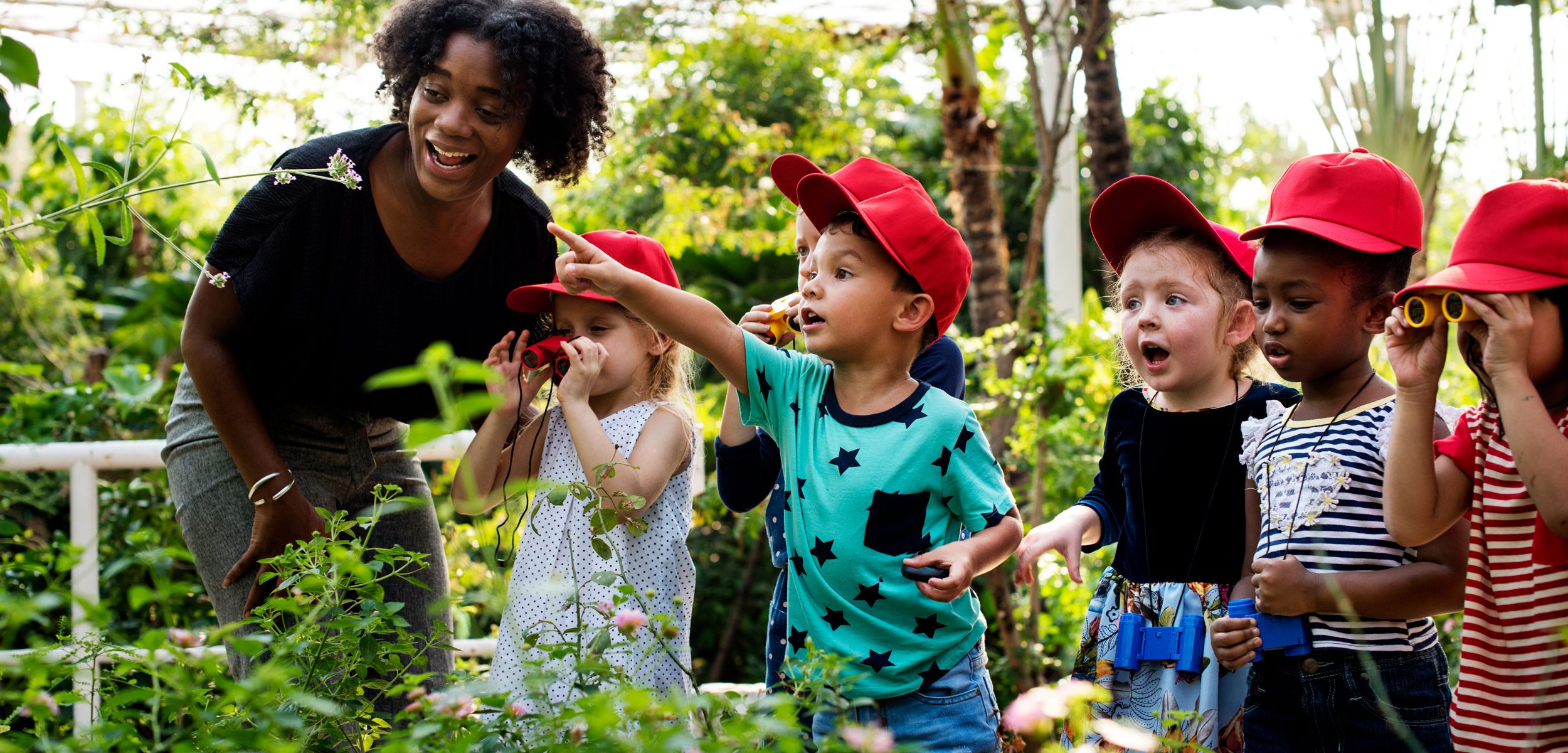Forest School at Belmont Farm Nursery School
At Belmont Farm Nursery School our main focus is on how we can bring the classroom outside into our fantastic countryside and amongst the animals. We believe that children can learn from this inspirational process, that offers ALL learners regular opportunities to achieve and develop confidence and self-esteem through hands-on learning experiences in a woodland or natural environment with trees – Forest School.
We share the beliefs of the Forest School Association that all children are:
- Equal, unique and valuable
- Competent to explore & discover
- Entitled to experience appropriate risk and challenge
- Entitled to choose, and to initiate and drive their own learning and
- Development
- Entitled to experience regular success
- Entitled to develop positive relationships with themselves and
- Other people
- Entitled to develop a strong, positive relationship with their natural world
The Focus of Forest School
This learner-centred approach interweaves with the ever-changing moods and marvels, potential and challenges of the natural world through the seasons to fill every Forest School session and programme with discovery and difference. Yet each programme does also share a common set of principles, aimed at ensuring that all learners experience the cumulative and lasting benefits that quality Forest School offers.
We also have a variety of animals that we are learning to care for and gain confidence when handling them, including: Chickens, Rabbits & Goats to name but a few.
Forest School gives children the opportunity to explore and learn in a wild outdoor setting, over a series of regular sessions. Activities take place in all weathers (except extreme winds or storms), and are specially planned for the group. We combine bushcraft and survival skills with ecology, environmental awareness and creative activities to give young people a challenging and exciting outdoor learning experience.
Our Forest School sessions aim to get the children enjoying working together and being active outdoors, discovering more about their local environment, and learning useful, practical skills.
Some examples of activities include:
- Tying knots for tarps
- Building group shelters and mini-shelters
- Working together to record the plants, trees, and minibeasts in their woodland
- First hand experience with season changes
- Exploring natural resources for arts and crafts
- Growing and maintaining our vegetable patch
- What to do in an outdoor emergency
- Plants and their uses – and dangers
